|
|
|
|
|
|
|
|
|
Alaska Forum on the Environment, February 11-15, 2019 (Anchorage, Alaska USA). The Alaska Forum on the Environment (AFE) is Alaska's largest statewide gathering of environmental professionals from government agencies, non-profit and for-profit businesses, community leaders, Alaskan youth, conservationists, biologists and community elders. The diversity of attendees and comprehensive agenda sets this conference apart from any other.
|
Media
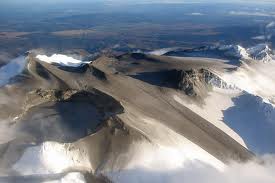 Long Term Study Shows Sources of Black Carbon in the Arctic. Long Term Study Shows Sources of Black Carbon in the Arctic. An international team of researchers has conducted the most thorough study yet of the sources of black carbon in the Arctic. In their paper published in the journal Science Advances, the group describes their findings and explain why what they found relates to global warming. Phys.org
New US spending bill brings icebreaker funding back. The budget includes $675 million for new U.S. icebreakers. The U.S. government's $330 billion spending bill, released late Wednesday evening, includes funding for new icebreakers.
The budget includes $655 million for the first icebreaker and $20 million for the second. " I'm very pleased," Rep. John Garamendi, a Democratic member of the House subcommittee on the Coast Guard and Maritime Transportation, told ArcticToday. "I think we're going to be in very, very good shape to get the first polar security cutter under construction." Arctic Today.
Killer Whales are Expanding into the Arctic, Then Dying as the Ice Sets in. In February 2016, hunters from Sanikluaq, Nunavut spotted two killer whales prowling around a group of beluga whales in southeast Hudson Bay. It was an unusual sight for the time of year-killer whales don't usually show up there until the summer, and are rare even then. In June, residents of the Inuit community spotted two other killer whales. By July, all four killer whales were dead. Trapped in the bay by thick sea ice, they starved to death. Hakai Magazine
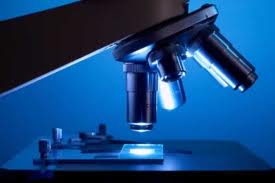 Can Big Science be too Big? Can Big Science be too Big? Modern science is largely a team sport, and over the past few decades the makeup of those teams has shifted, from small groups of collaborators to ever larger consortiums, with rosters far longer than that of the New England Patriots. Answering big questions often requires scientists and institutions to pool resources and data, whether the research involves detecting gravitational waves in deep space, or sorting out the genetics of brain development. The New York Times
The Energy 202: House Science Committee Turns New Leaf on Climate Change with Democrats in Charge. For years, the Republican-led House Science Committee has tried to put global warming research on ice. It tried to slash government research into the warming globe and even launched investigations into scientists who produced a global warming study many conservatives despised. But in January, Democrats took control of the House. And that committee's former boss, Lamar Smith (R-Tex.), retired. The Washington Post
|
|
Future Events
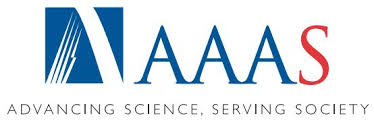
Part of the AAAS meeting: Science in the New Arctic: The Converging of Natural and Social Sciences, (February 17, 2019). Organized by Andrey Petrov and Jack Kaye, moderated by Jessica Graybill, and with John Farrell as Discussant. Included talks are "Indigenous Knowledge and Interdisciplinary Science in the Arctic" (Carolina Behe), "Towards Knowledge Co-production in the Arctic" (Dmitry Streletskiy), and "Enhancing International Research in the Arctic" (Paul Berkson).
Arctic sciences are at the forefront of discovery resulting from research that engages indigenous knowledge and connects to policy decisions about the region. This session brings together speakers from various disciplines representing multiple organizations to discuss recent achievements in Arctic sciences with respect to fundamental and policy-focused interdisciplinary and international research. Topics to be addressed include examples of Arctic-based research that crosses regional and disciplinary boundaries, and the key methodological strengths of this research, as well as how Arctic-based research could contribute to disciplines and research in other regions, and the role of funding agencies in advancing this exchange.
 of the AAG includes over 8,500 geographers converging from the U.S., Canada, and nearly 60 other countries in a typical year including geographers, GIS specialists, environmental scientists, and other leaders for the latest in research and applications in geography, sustainability, and GIScience. of the AAG includes over 8,500 geographers converging from the U.S., Canada, and nearly 60 other countries in a typical year including geographers, GIS specialists, environmental scientists, and other leaders for the latest in research and applications in geography, sustainability, and GIScience.
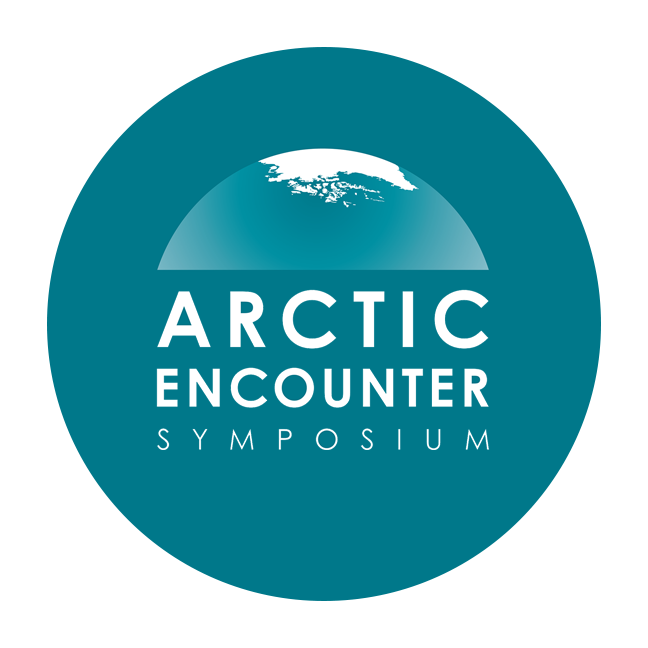 The 6th Annual Arctic Encounter Seattle, April 25-26, 2019 (Seattle, WA, USA). The sixth annual Arctic Encounter Seattle will engage the topic of innovation in the Arctic, specifically disruptive business and investment models, energy and power, climate research, national security, new economic and trade models, and popular media and awareness movements impacting the Far North. The 2018 Arctic Encounter Seattle drew over 300 participants from across Alaska, the U.S., and the world, including over 100 speakers, 32 sponsors, 11 media partners, fashion and photography installations, a live permafrost exhibition, 13 guest performers, fashion designers, and artist exhibitors to the downtown Seattle waterfront at Pier 66. The 2019 Arctic Encounter Seattle expects to increase engagement in new sectors and engage participants through policy debates, research presentations, performances, and more. The two-day Arctic Encounter Seattle will include an opening reception, two continental breakfasts, two keynote luncheons, a networking reception with Alaskan glacier ice cocktails, and a seated three course dinner including keynotes and live musical entertainment from the Far North. The Arctic Encounter is the largest annual Arctic policy and business conference convening in the United States, with partnerships and convening efforts worldwide. Registration is now open. Additional information is available here. The 6th Annual Arctic Encounter Seattle, April 25-26, 2019 (Seattle, WA, USA). The sixth annual Arctic Encounter Seattle will engage the topic of innovation in the Arctic, specifically disruptive business and investment models, energy and power, climate research, national security, new economic and trade models, and popular media and awareness movements impacting the Far North. The 2018 Arctic Encounter Seattle drew over 300 participants from across Alaska, the U.S., and the world, including over 100 speakers, 32 sponsors, 11 media partners, fashion and photography installations, a live permafrost exhibition, 13 guest performers, fashion designers, and artist exhibitors to the downtown Seattle waterfront at Pier 66. The 2019 Arctic Encounter Seattle expects to increase engagement in new sectors and engage participants through policy debates, research presentations, performances, and more. The two-day Arctic Encounter Seattle will include an opening reception, two continental breakfasts, two keynote luncheons, a networking reception with Alaskan glacier ice cocktails, and a seated three course dinner including keynotes and live musical entertainment from the Far North. The Arctic Encounter is the largest annual Arctic policy and business conference convening in the United States, with partnerships and convening efforts worldwide. Registration is now open. Additional information is available here.
Lowell Wakefield Fisheries Symposium, May 7-10, 2019 (Anchorage, Alaska USA). This symposium aims to provide a forum for discussion on ways to facilitate effective cooperative research, a platform for scientific talks on the application and results of cooperative research, and opportunity to evaluate how such research might be best envisioned, applied and implemented. The symposium aims to involve participants from a variety of relevant marine industries, address these issues through facilitated discussion, identify best practices, and articulate a set of case studies for effective collaboration. The symposium also aims to involve scientists from a wide range of sectors, including state and federal agencies, universities, research institutes and industry science. This event is sponsored by Alaska Sea Grant College Program.
Arctic Science Summit Week, May 22-30, 2019 (Arkhangelsk, Russia). The Arctic Science Summit Week 2019 will take place in Northern (Arctic) Federal University and Northern State Medical University, Russia, Arkhangelsk. Under the auspices of International Arctic Science Committee, participants from more than 23 countries and regions will be involved.
Save the Date! 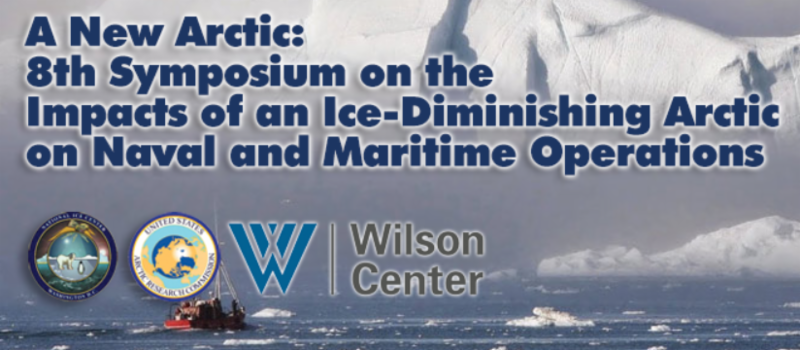
Mark your calendars to attend IDA-8, which some have called one of the best Arctic gatherings around. Historically, this biennial symposium was co-hosted by U.S. National/Naval Ice Center (NIC) and the US Arctic Research Commission (USARC). In 2019, these partners will join forces with the preeminent Wilson Center's Polar Institute, as a third co-host. The now 2-day symposium will be held in the Ronald Reagan Building Amphitheater, in Washington, DC. The event will focus on a broad cross-section of naval and maritime operations and issues in an ice-diminishing Arctic. The symposium brings together nationally and internationally recognized experts on Arctic governance, geopolitics, marine operations, infrastructure, science, and environmental observations, from the local, regional, and pan-Arctic scale. Information on prior symposia, including lists of speakers, video clips, and copies of presentations, is available here. Attendance is free, and registration will begin in Spring 2019. The event will be webcast live, and video recorded.
|
|

  
4350 N. Fairfax Drive, Suite 510
Arlington, VA 22203, USA
External links in this publication, and on the USARC's World Wide Web site ( www.arctic.gov) do not constitute endorsement by the US Arctic Research Commission of external Web sites or the information, products or services contained therein. For other than authorized activities, the USARC does not exercise any editorial control over the information you may find at these locations. These links are provided consistent with the stated purpose of this newsletter and the USARC Web site.
|
|
|
|
|
|
|
|
|